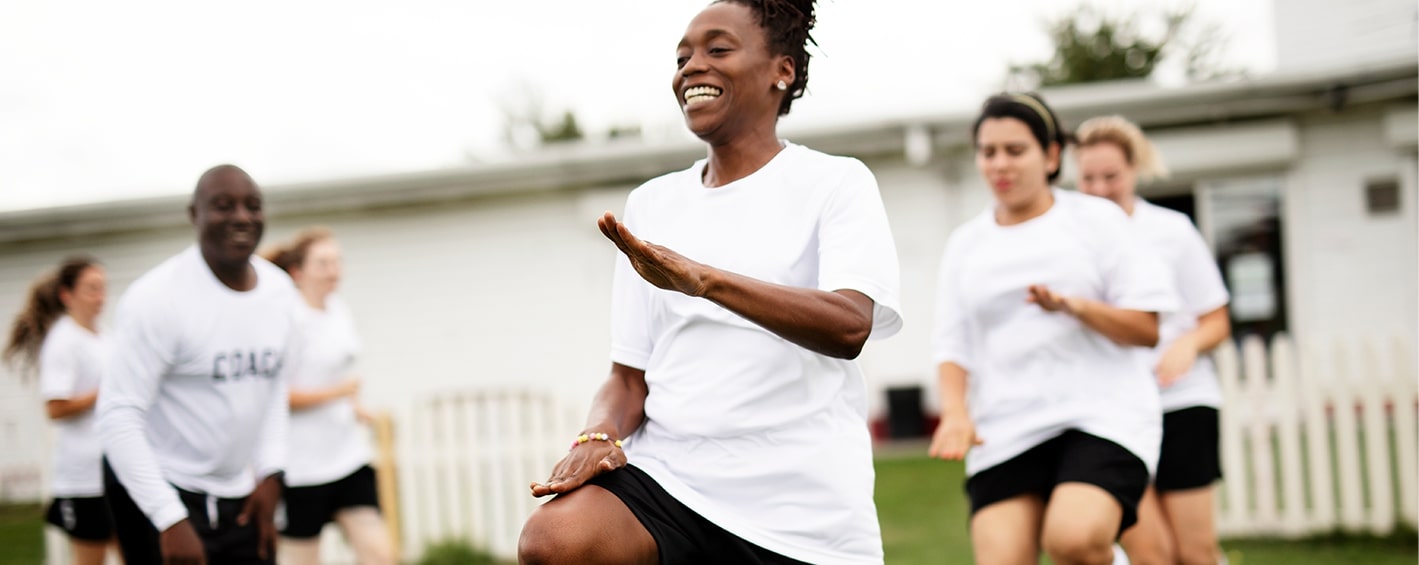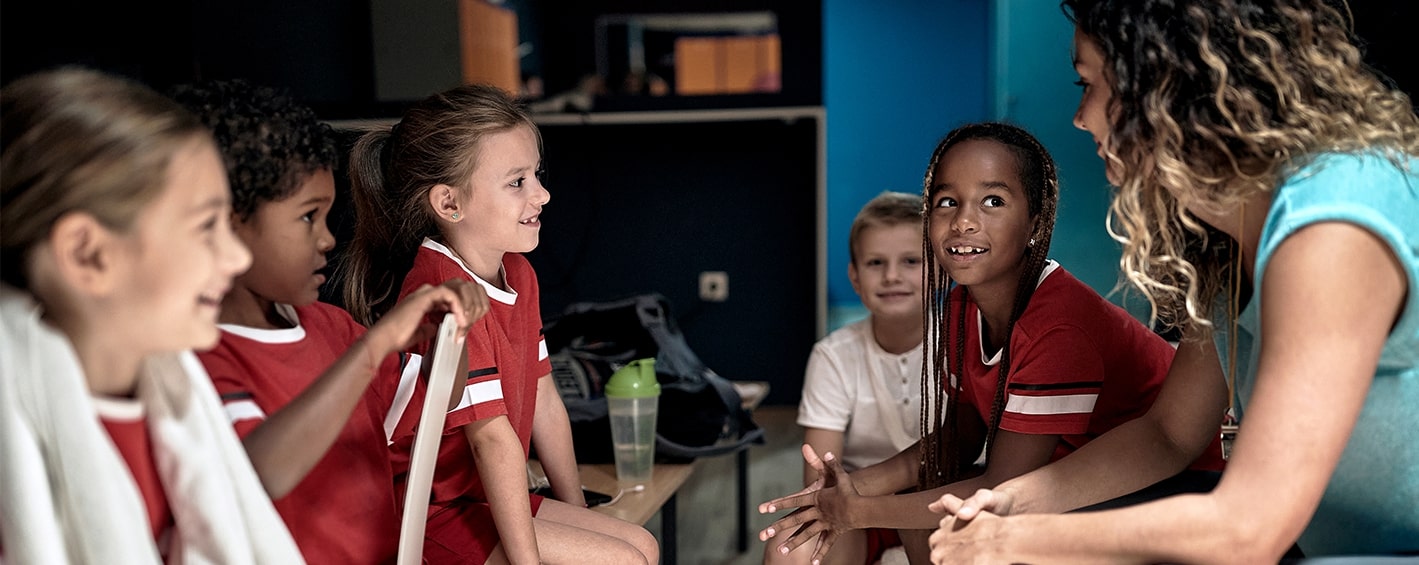Share it
It’s important that we connect our training sessions to matchday and do not see them in isolation. It’s not always easy and sometimes our emotions or the desire of ‘winning’ may take over but this is vital in developing players for the future.
1. Key Messages
As a coach what do you ask of the players before, during or after matchday? Is this planned or do you talk in the moment? When working with young players I always try to reflect upon the recent training sessions and link all my key messages for matchday back to training. For example, with my U12’s, we have been working on the following subjects; creating space, receiving to play forward & combinations, this then feeds into our process points for game day.
- Try to create space by making the pitch big in possession
- Try to receive with an open body so you can take your first touch forward
- Try to pass and move quickly in the opposition half
These key points will also be shared with parents ahead of the game and this is what we would focus team talks arounds and how we will measure success. So as a coach – focus on the process not the outcome!
2. Consistent Behaviors
Many times, I have seen coaches work with their players in training, they create a great environment, one where they are creating good decision makers and see mistakes as an opportunity to learn... Then it turns to matchday and all of a sudden, the behaviors of the coach change. They become very demanding, telling the players what to do in every moment, hindering the individual's ability to make decisions.
Some coaches even change the tone in which they communicate, becoming louder and more aggressive, this can really effect a player psychologically, especially females!
However, I have experienced many coaches' behavior's stay consistent and this is where I have seen players flourish. Yes, they make mistakes, but they learn from it, they are brave to try again, reflect and ask the coach questions.
So ask yourself, are your behavior's consistent, if not can you try to find way to work on this.

3. Subs aka. ‘Finishers’
I recently heard someone use the phrase ‘finishers’ for their ‘subs’ and I thought this was brilliant, in my opinion it makes players feel part of the team and that they can go on and make a real impact. As we know females love to learn, so help all players feel involved, even if they are starting the game on the side, some ways you can do this is:
- Set them a task, linked to your key messages. I.e., how many times do we combine and get a shot on goal. Try to keep the task simple to observe.
- Get the ‘finishers’ to focus on one player each and note what players are doing well linked to the key messages, they can then feed this back during half time.
Another idea, if both you and the opposition have ‘finishers’ could you set up a little 2v2 or 3v3 on the side of the pitch whilst the main game is taking place. The more touches and game time we can give female players the better!
4. Playing Positions
How often do you rotate positions?
Although at times we may feel that players have attributes which are suited to attacking or defending positions, it’s important we allow players to experience several positions as we may hinder their development if we keep them to one or two positions.
There has been lots of examples in the men's and women's professional game where players have started their career as a centre forward and ended up being a centre back.
Even if you are convinced on a players strengths linked to a certain role, just think about how their development could be enhanced playing different positions.
For example, a player is working on developing their receiving skills, you may expose them to central midfield where they have to receive the ball from all directions, under lots of different pressures.

5. Connecting with Opposition
How well do you know your opposing coaches? Try to connect with your opposition coach, not only to arrange details for the game but how you both might be able to set up in order to help players development.
For example, if you are working on ‘playing out from the back’ you might speak to the opposition about setting their team up in order to create different problems for you, pressing high / dropping off etc.
Creating problems and solutions as coaches will not only develop your own knowledge but also support your players long term development.